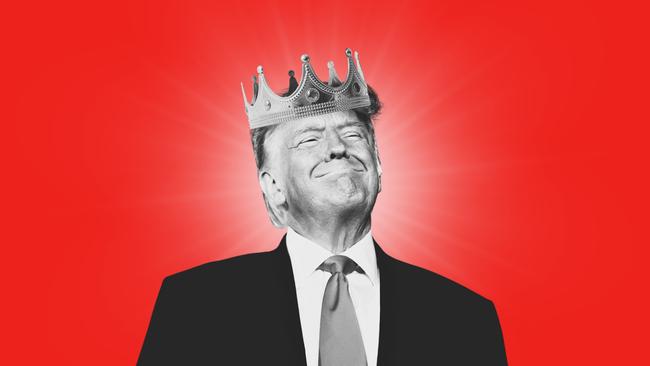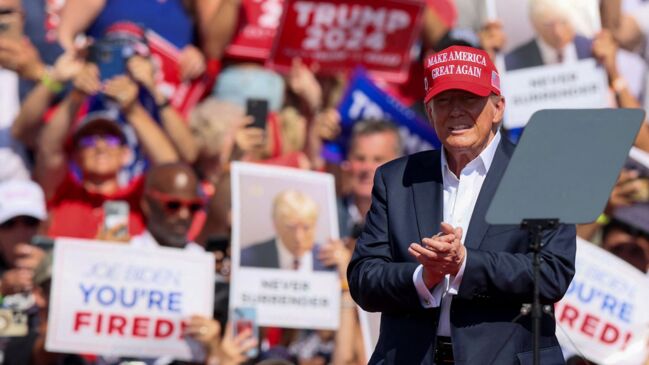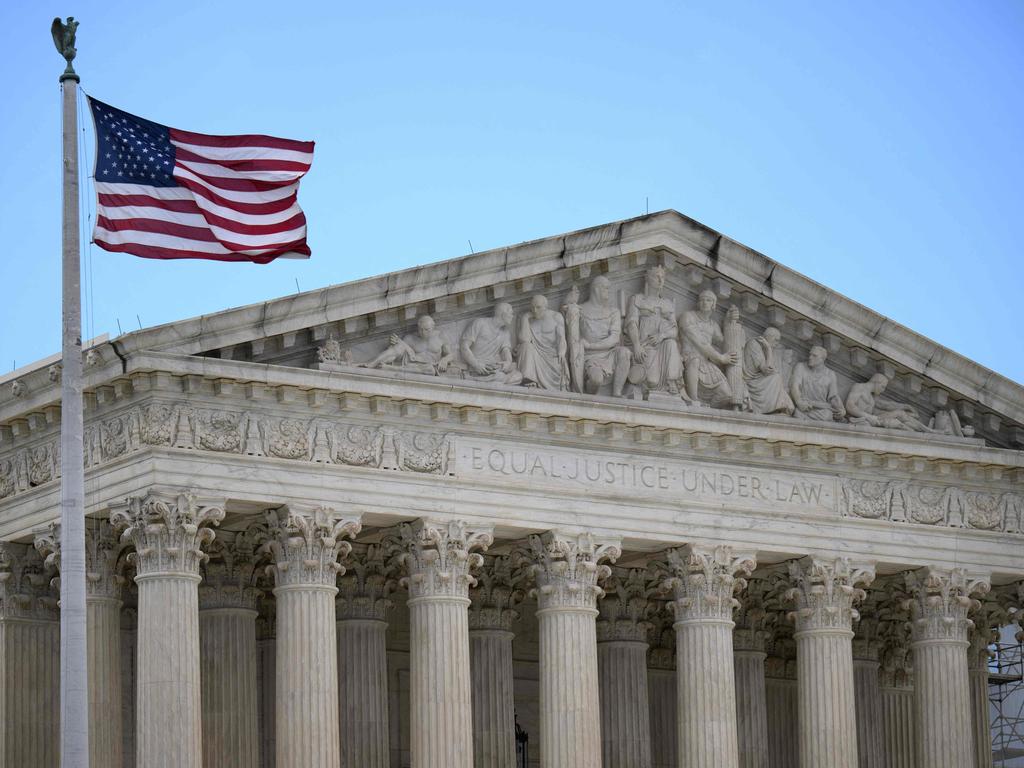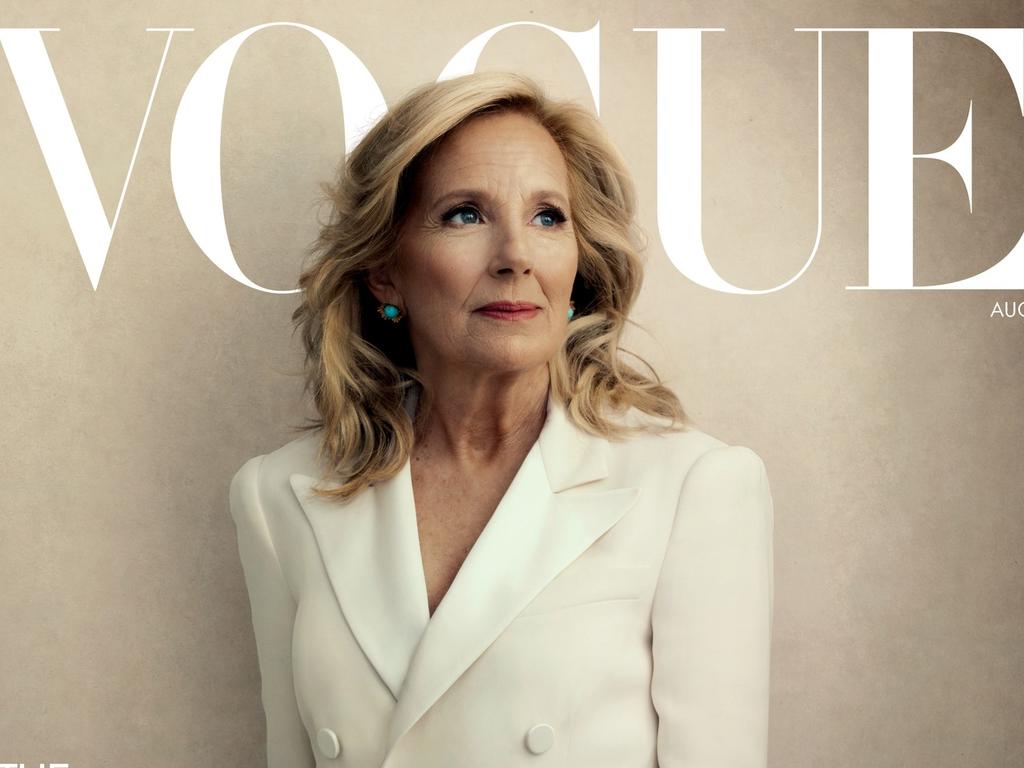Judgment on immunity is fit for a king
America’s highest court articulated something that has long been apparent – that the US president is not only the most powerful elected office in the world but is also, necessarily, very well protected, not unlike a British monarch of George III’s era.

The top court had never before been called on to set out “a rule for the ages”, as one conservative justice called it, on the immunity from criminal prosecution enjoyed by the president. In doing so, it advanced the so-called imperial presidency that the country’s founding fathers tried to prevent.
No president had ever faced federal prosecution before but along came Donald Trump and challenged many of the nation’s presumptions, so the Supreme Court had to act.
American folklore sets out how the plucky colonists overthrew the absolutism of George III, which was always a useful myth, to create a republic where “all men are created equal” and treated as such under the law. That was a myth too, in a state originally run on slavery.

Yet as they prepare to celebrate the 248th anniversary of the Declaration of Independence, the Supreme Court issued a wide-ranging but also inconclusive explication of when a president can act safe in the knowledge of immunity from prosecution.
The core constitutional activities of the president have absolute protection, the court ruled, meaning that Trump’s interactions with the Department of Justice over the election – including threatening to replace those who did not go along with him – fall under its scope.
All other official activities were ruled to have “at least presumptive immunity from prosecution”. Trump’s discussions with his vice-president, Mike Pence, were ruled official acts and it was left up to the prosecution to make an argument that he went beyond the scope of this official relationship.
But the court simply opted out of deciding whether Trump’s pressure on state officials or some of his tweets were official acts and therefore immune, adding that “most of his public communications are likely to fall comfortably within the outer perimeter of his official responsibilities”.

The court tried to set general rules for the ages which will require much more legal argument to discern in real-world situations. It concluded by asserting that “the president enjoys no immunity for his unofficial acts, and not everything the president does is official. The president is not above the law.”
But, predictably in a case with implications for this year’s election as well as posterity, the Supreme Court was split with the six conservative judges in favour of the main decision and the three liberals against. This deepens the image of the current court as ideologically driven.
However, the ruling was not as hair-raising as claimed by the most liberal member, Sonia Sotomayor, who wrote: “When [the president] uses his official powers in any way, under the majority’s reasoning, he now will be insulated from criminal prosecution. Orders the Navy’s Seal Team 6 to assassinate a political rival? Immune. Organises a military coup to hold on to power? Immune.”
This went way too far but she was right to state that it “effectively creates a law-free zone around the president, upsetting the status quo that has existed since the founding”.
This “law-free” zone exists only for the president’s core official actions, the top court ruled. Now the lower courts have to thrash out what constitutes the core, the official and the unofficial case-by-case.
Sooner or later, in the absence of statute, these parameters of the Oval Office shield were going to have to be set down in black and white instead of simply presumed
The Supreme Court articulated something that has long been apparent – that the US president is not only the most powerful elected office in the world but is also, necessarily, very well protected, not unlike a British monarch of George III’s era.
It is clear that Democrats will now campaign hard on Trump’s alleged capture of the Supreme Court to help him evade prosecution.
But in drawing a distinction between absolute immunity, presumed immunity and legal jeopardy for private acts, the court has only just begun the process of defining the boundaries of criminal liability for the occupant of the White House.
The Times





Americans have long proclaimed that no one is above the law but one was elevated over the rest of them yesterday (Monday).